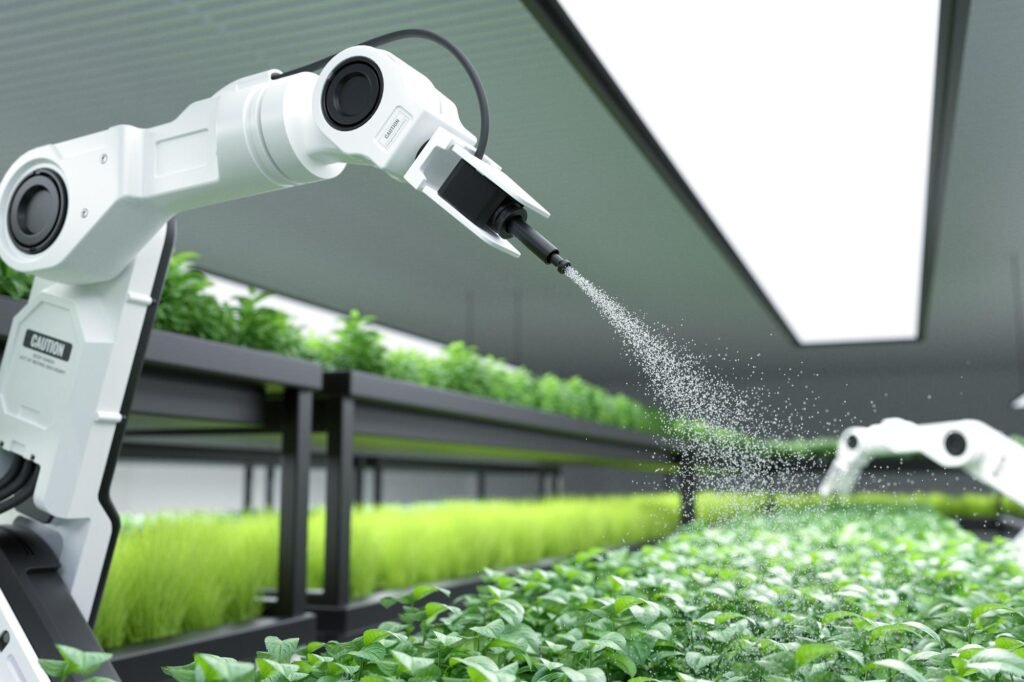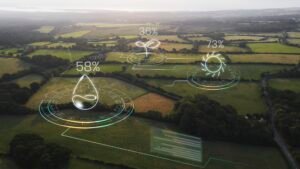In the era of Industry 4.0, where efficiency and sustainability are paramount, industrial facilities are leveraging cutting-edge technologies to optimize resource management. One such innovation is the implementation of AI-driven smart irrigation systems, which are transforming industrial landscaping by enhancing water conservation, reducing operational costs and ensuring regulatory compliance.
The Evolution of Smart Irrigation in Industrial Utilities
Traditional irrigation methods in large-scale industrial landscapes often lead to water waste, inconsistent plant health, and increased maintenance costs. However, IoT-enabled irrigation systems now provide precision control, allowing facilities to monitor and adjust water usage dynamically. Smart valves and sensor-based controls ensure that irrigation is based on real-time environmental data, optimizing water distribution across vast industrial green spaces.
Key Technologies Driving Smart Irrigation Efficiency
- AI-Powered Predictive Analytics
- AI algorithms analyze historical weather patterns, soil moisture levels, and evapotranspiration rates to predict optimal irrigation schedules.
- Reduces overwatering and ensures sustainable water usage.
- IoT-Connected Sensors & Automation
- Real-time monitoring of temperature, humidity, and soil conditions enables automated, demand-based irrigation.
- Remote access through cloud-based dashboards allows facility managers to oversee multiple sites from a centralized location.
- Smart Valves for Precision Control
- IoT-integrated electro-hydraulic valves regulate water flow with pinpoint accuracy, responding to changing environmental conditions.
- Prevents water runoff, leakage, and pressure fluctuations that can disrupt industrial operations.

Advantages for Industrial Landscaping & Utilities
- Cost Reduction: Optimized water usage lowers utility expenses and minimizes irrigation system maintenance.
- Environmental Compliance: Helps industrial facilities meet sustainability regulations and green building certifications.
- Operational Efficiency: AI-powered automation reduces human intervention, increasing reliability and precision in landscape management.
- Scalability: Smart irrigation networks can be integrated with existing Building Management Systems (BMS), allowing seamless expansion across multiple industrial sites.
Future Trends: AI-Driven Water Management
The integration of machine learning models with smart irrigation will further refine water usage by adapting to seasonal variations and facility-specific requirements. Additionally, advancements in drone-assisted irrigation surveys and blockchain-based water metering will enhance transparency and efficiency in water resource management.
Industrial leaders embracing AI, IoT, and smart valves for irrigation control will not only achieve cost savings but also contribute to a more sustainable future. By leveraging precision irrigation technologies, businesses can enhance their corporate sustainability goals while maintaining high-performance landscapes within their industrial operations.












